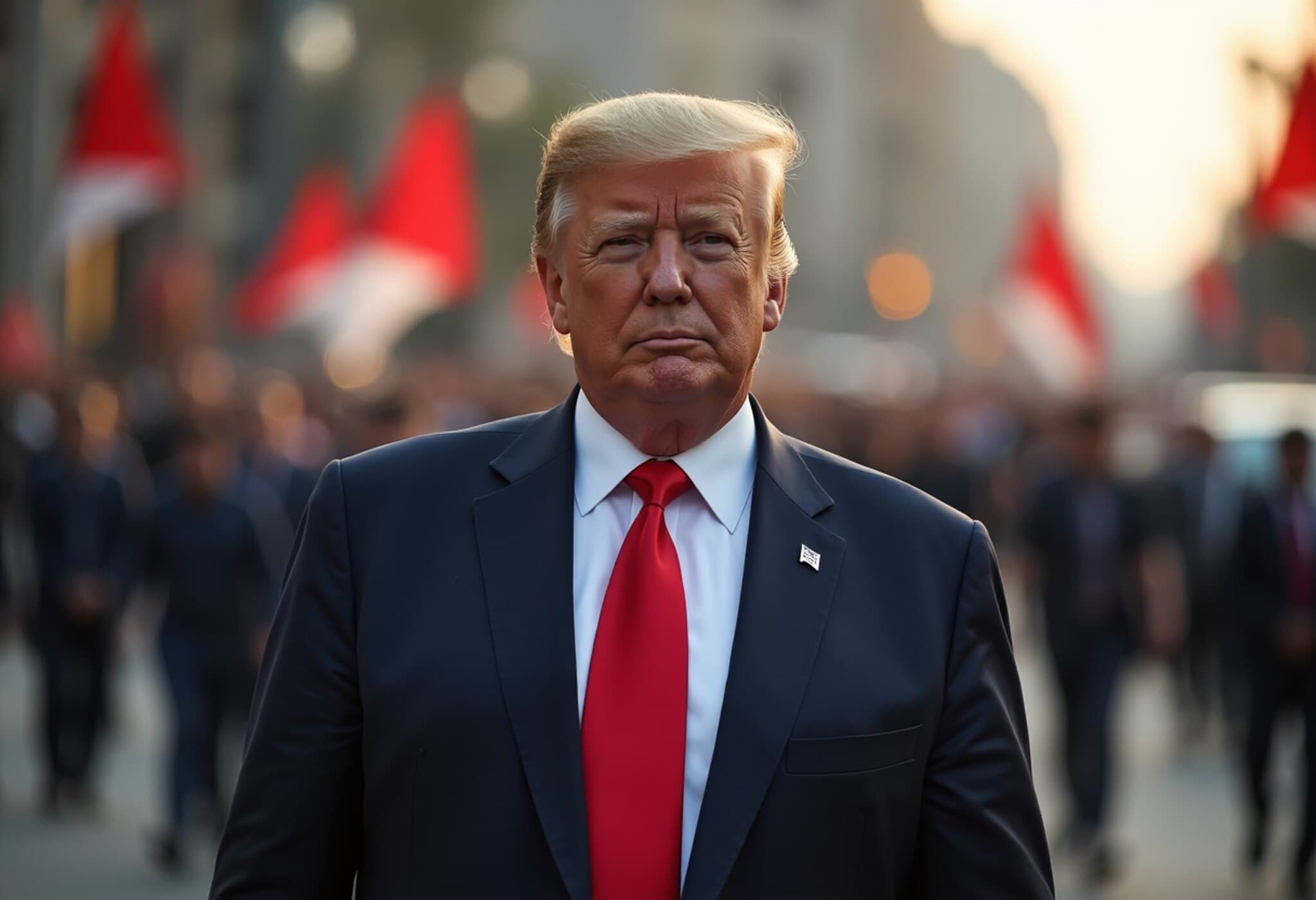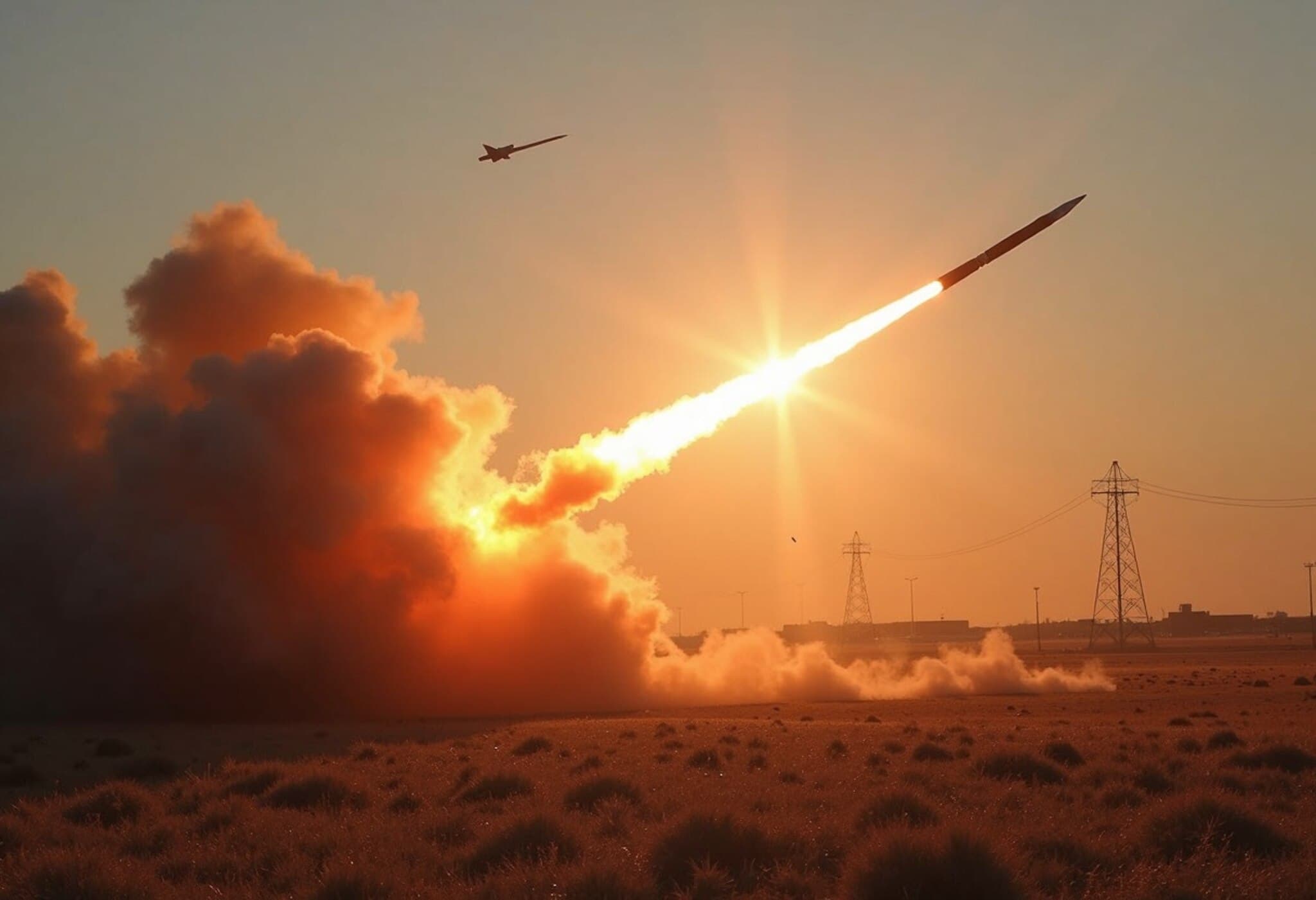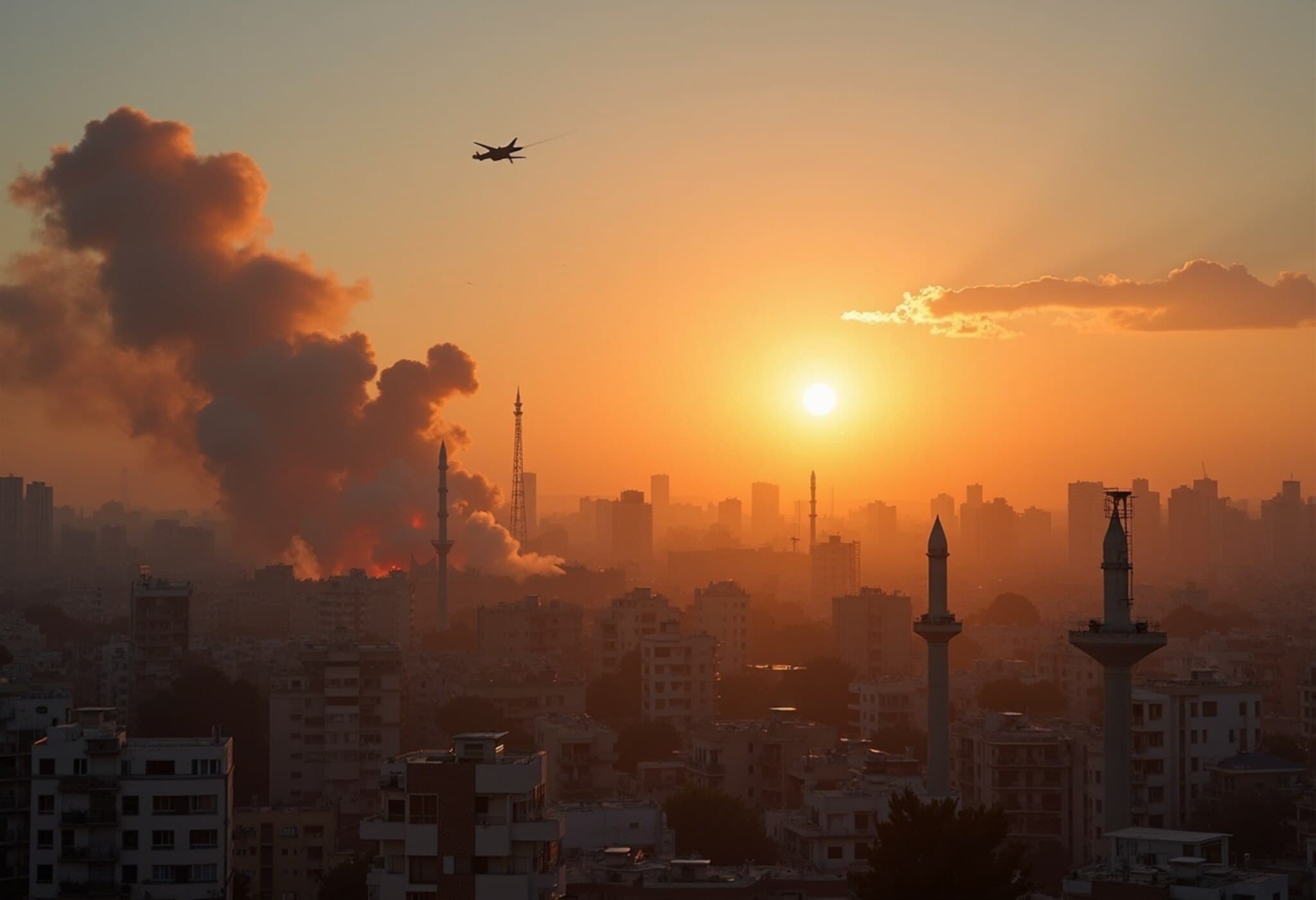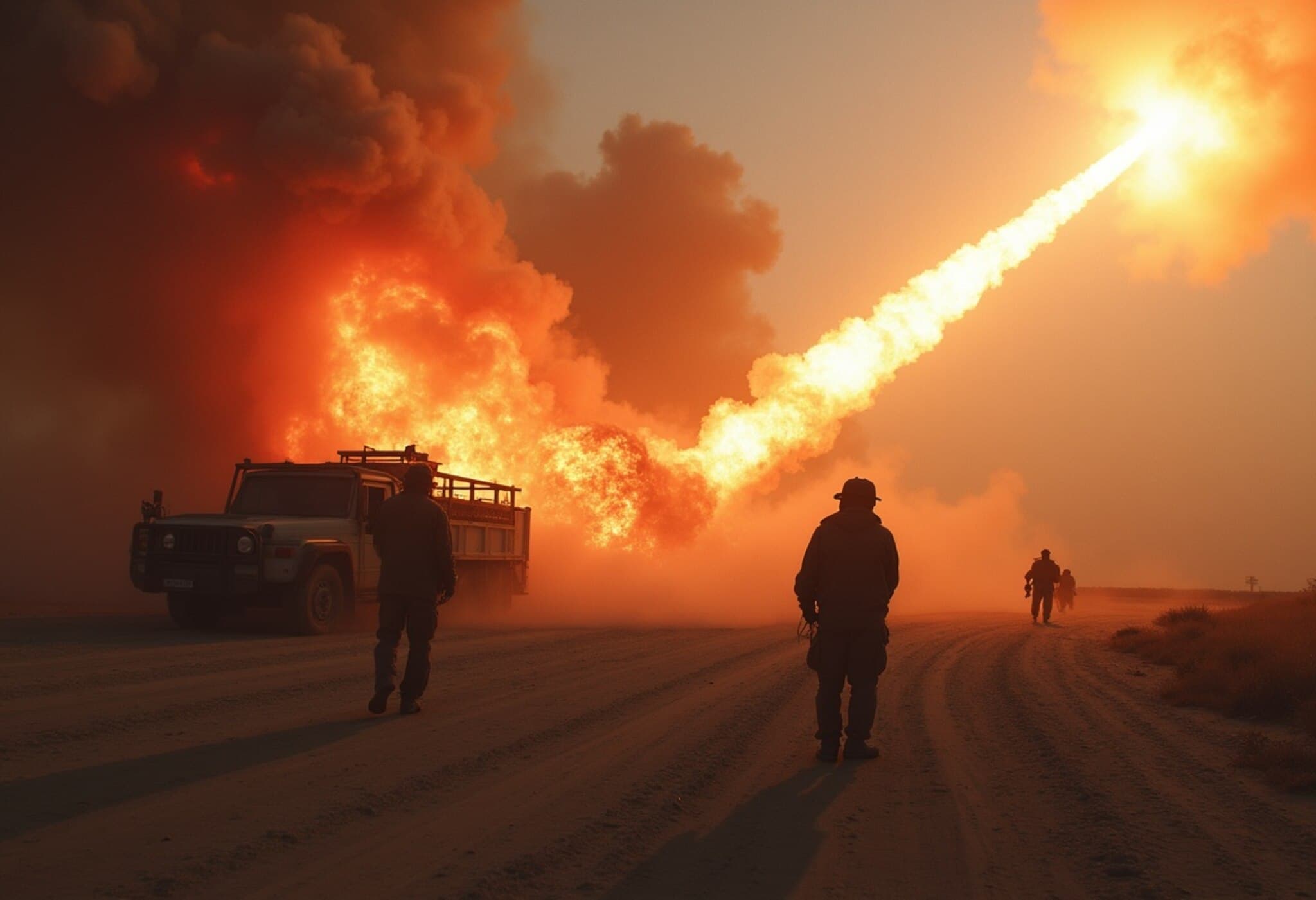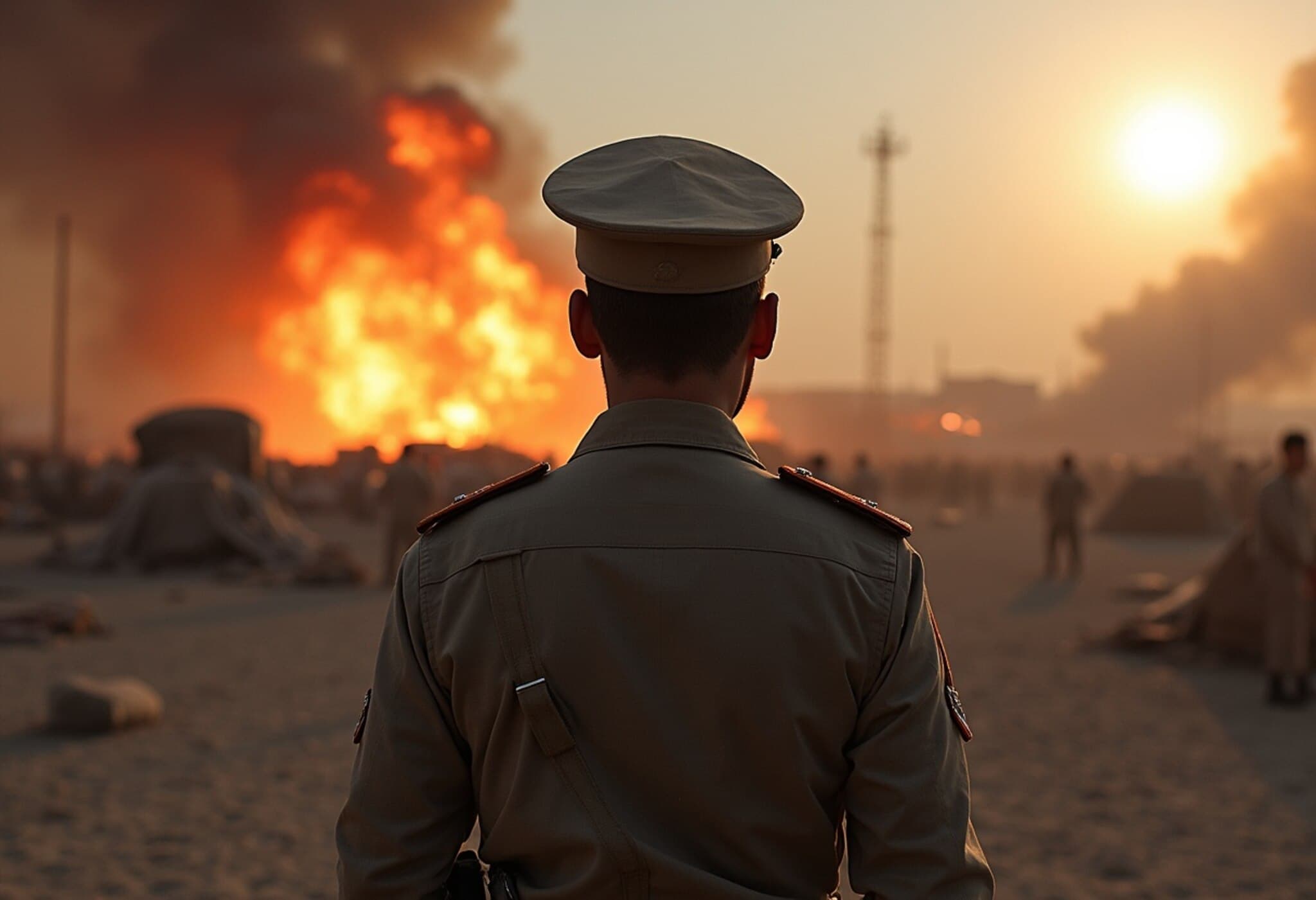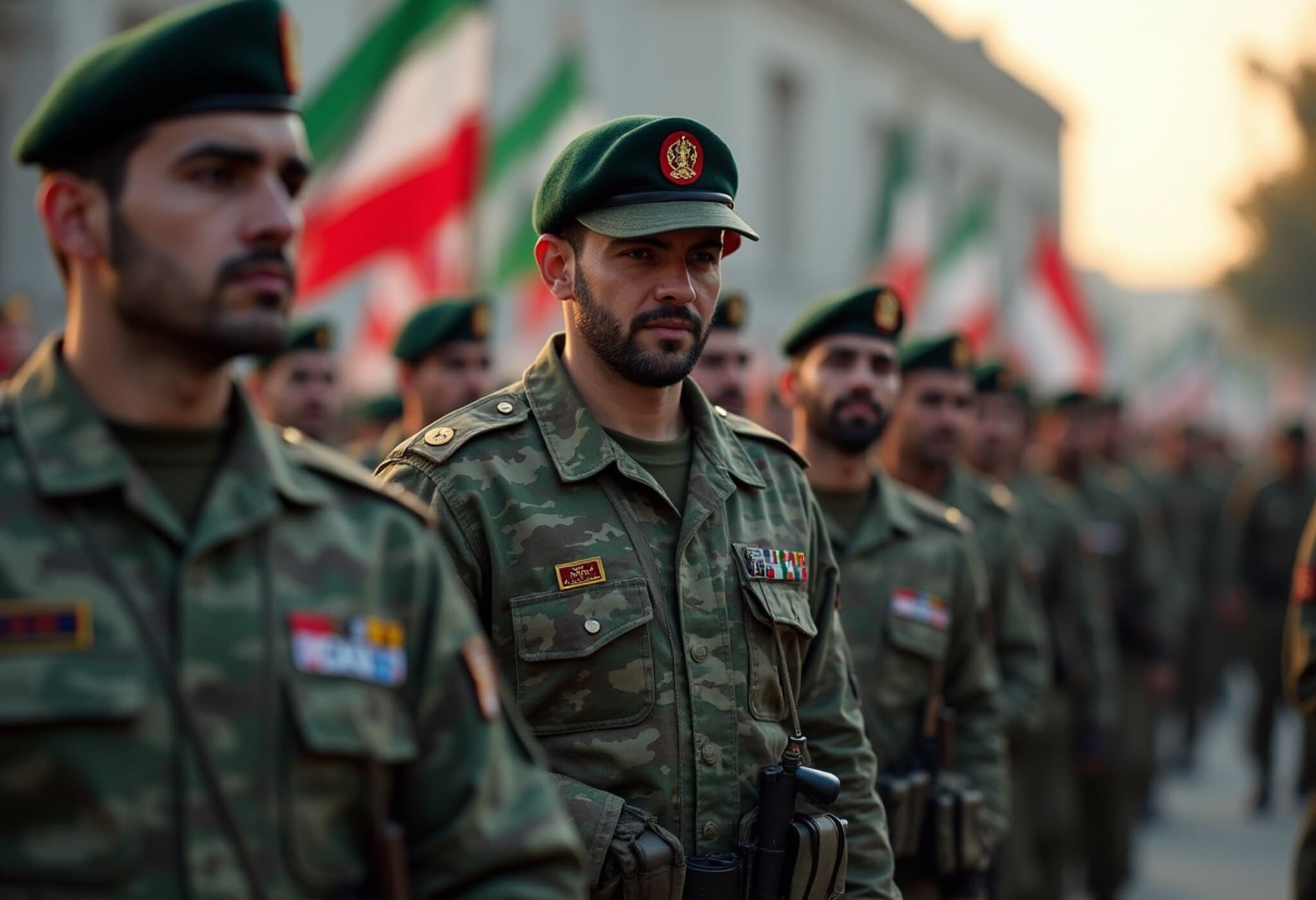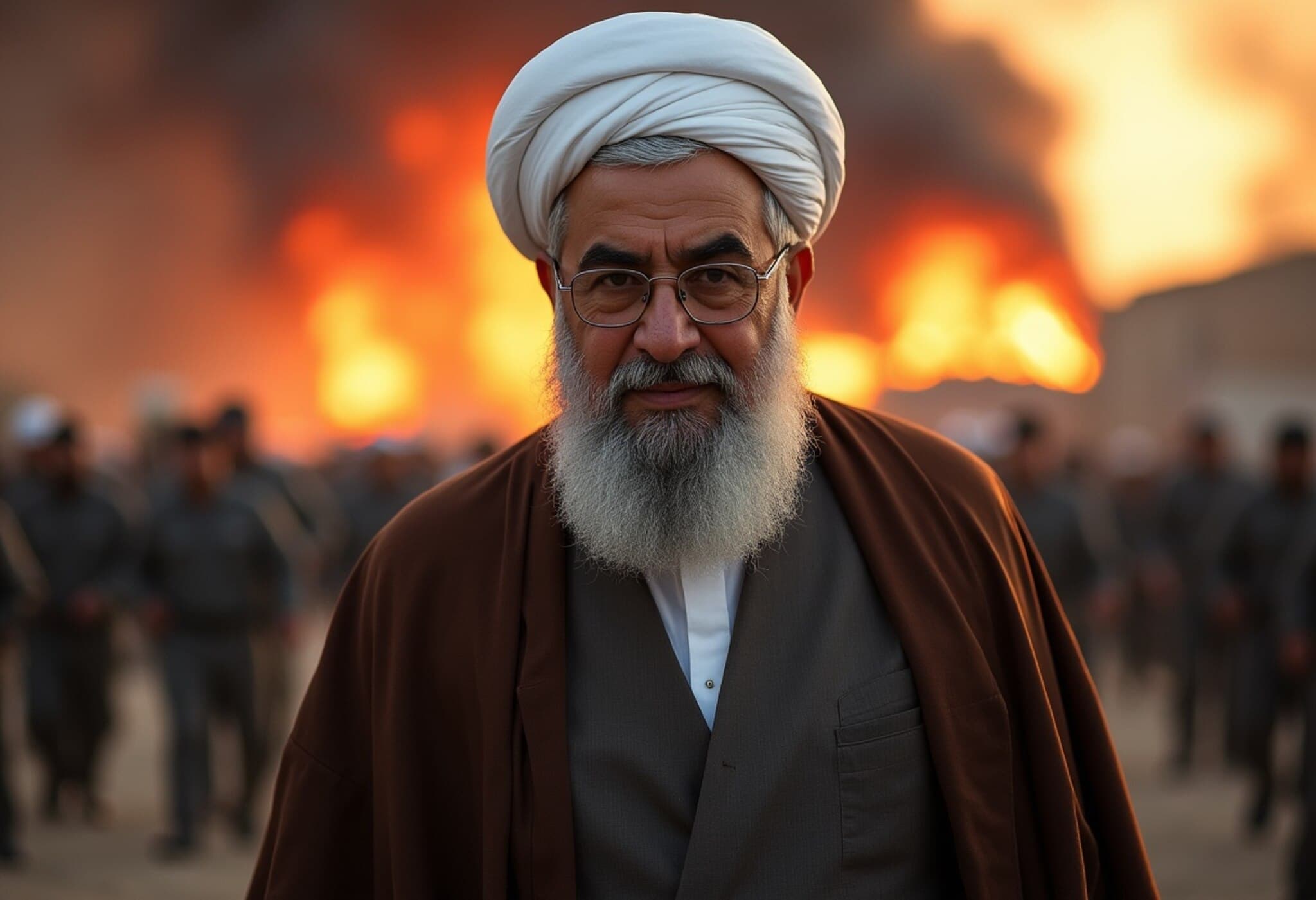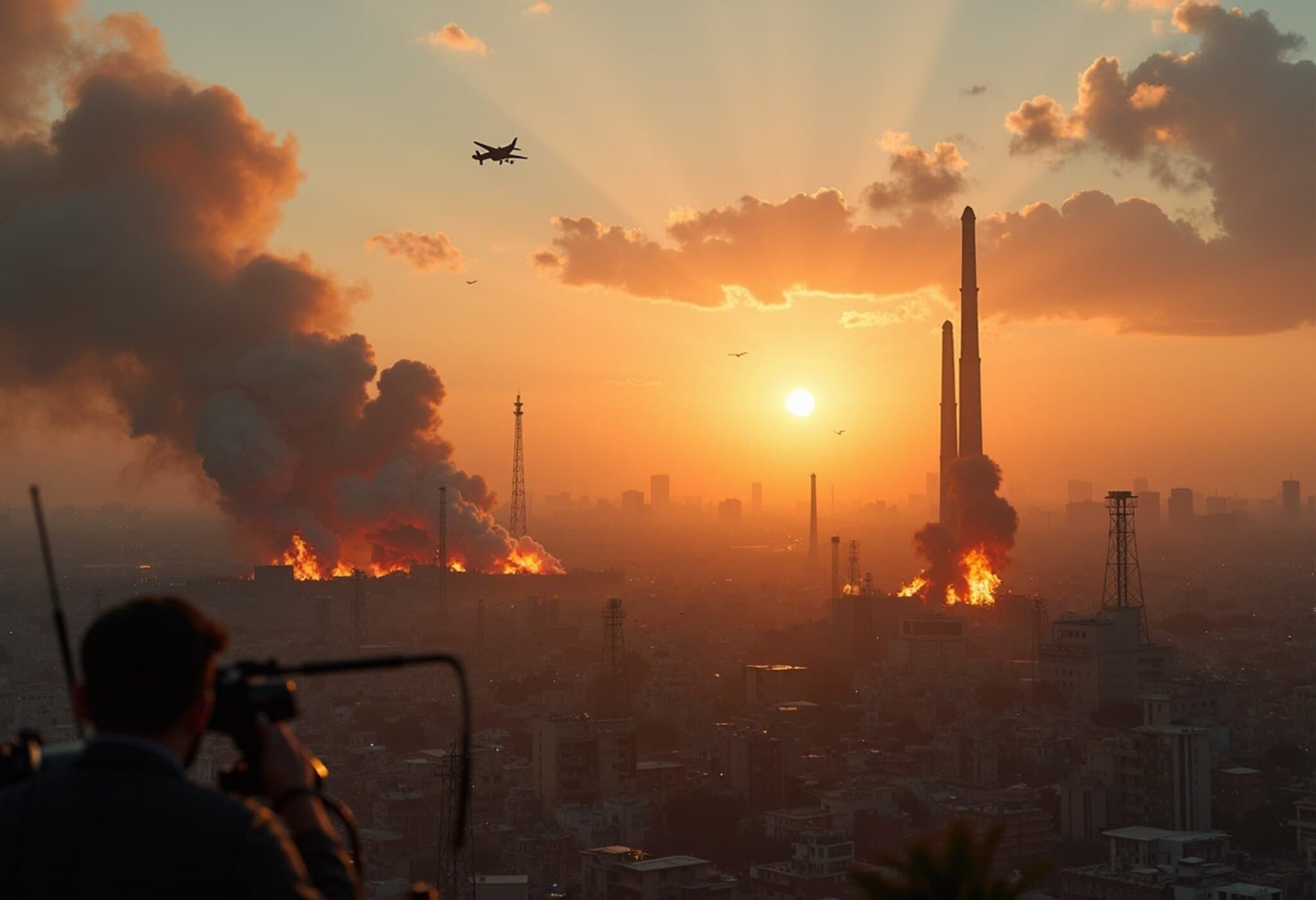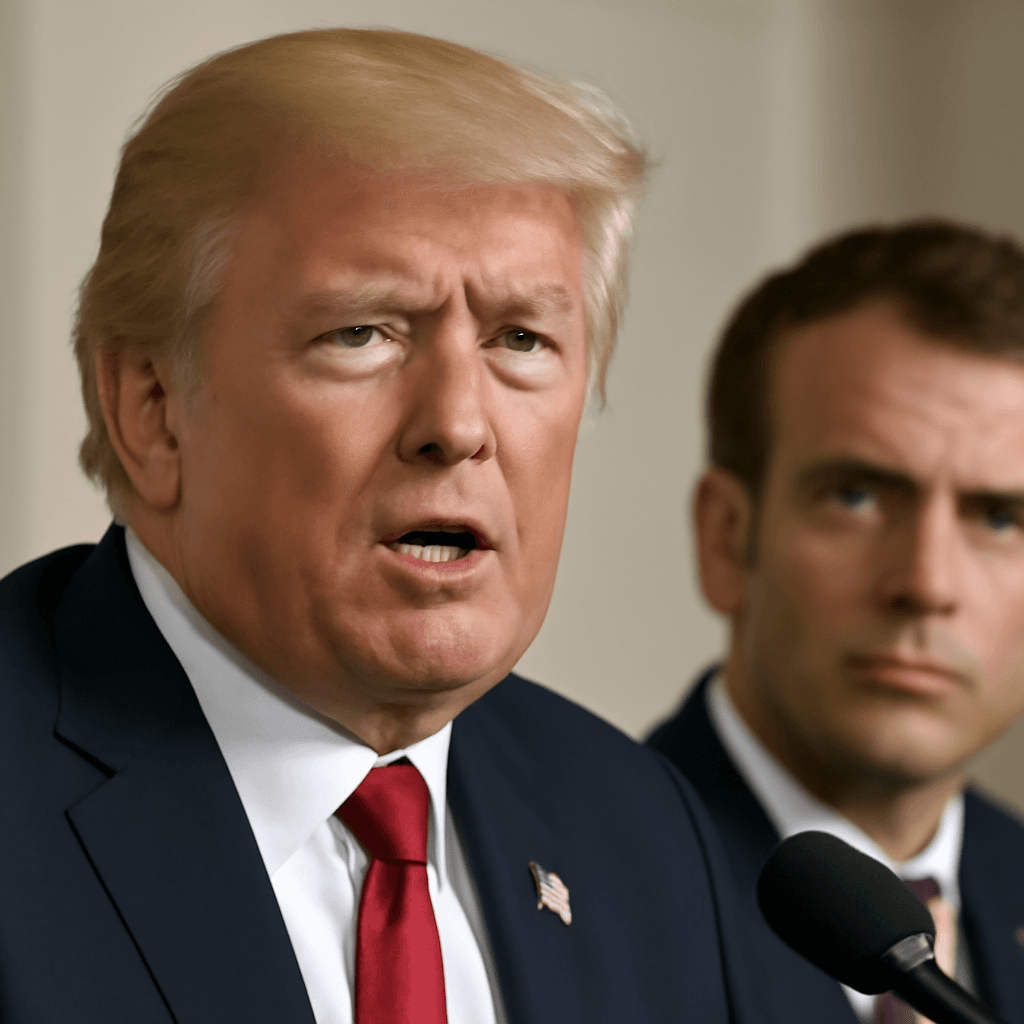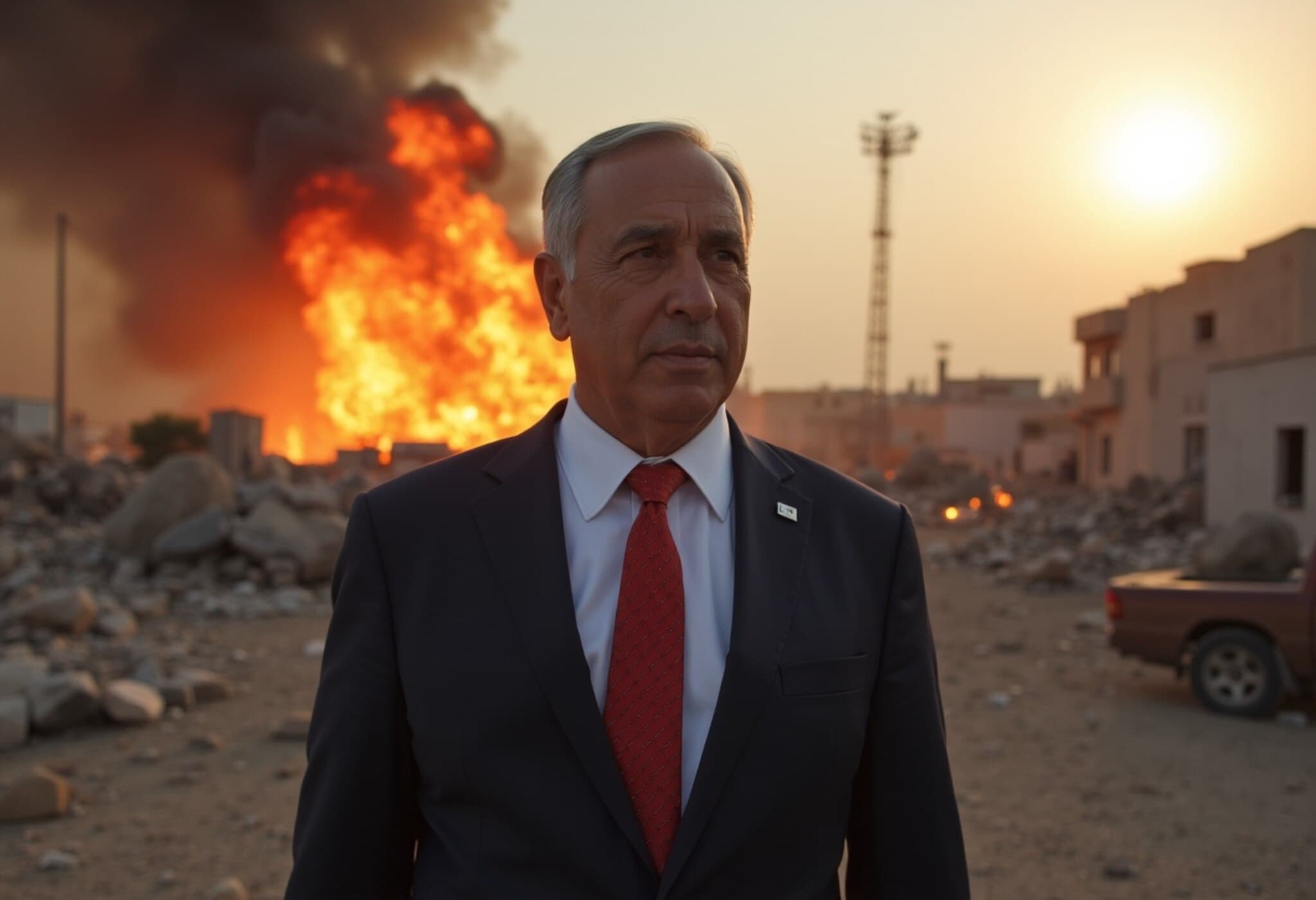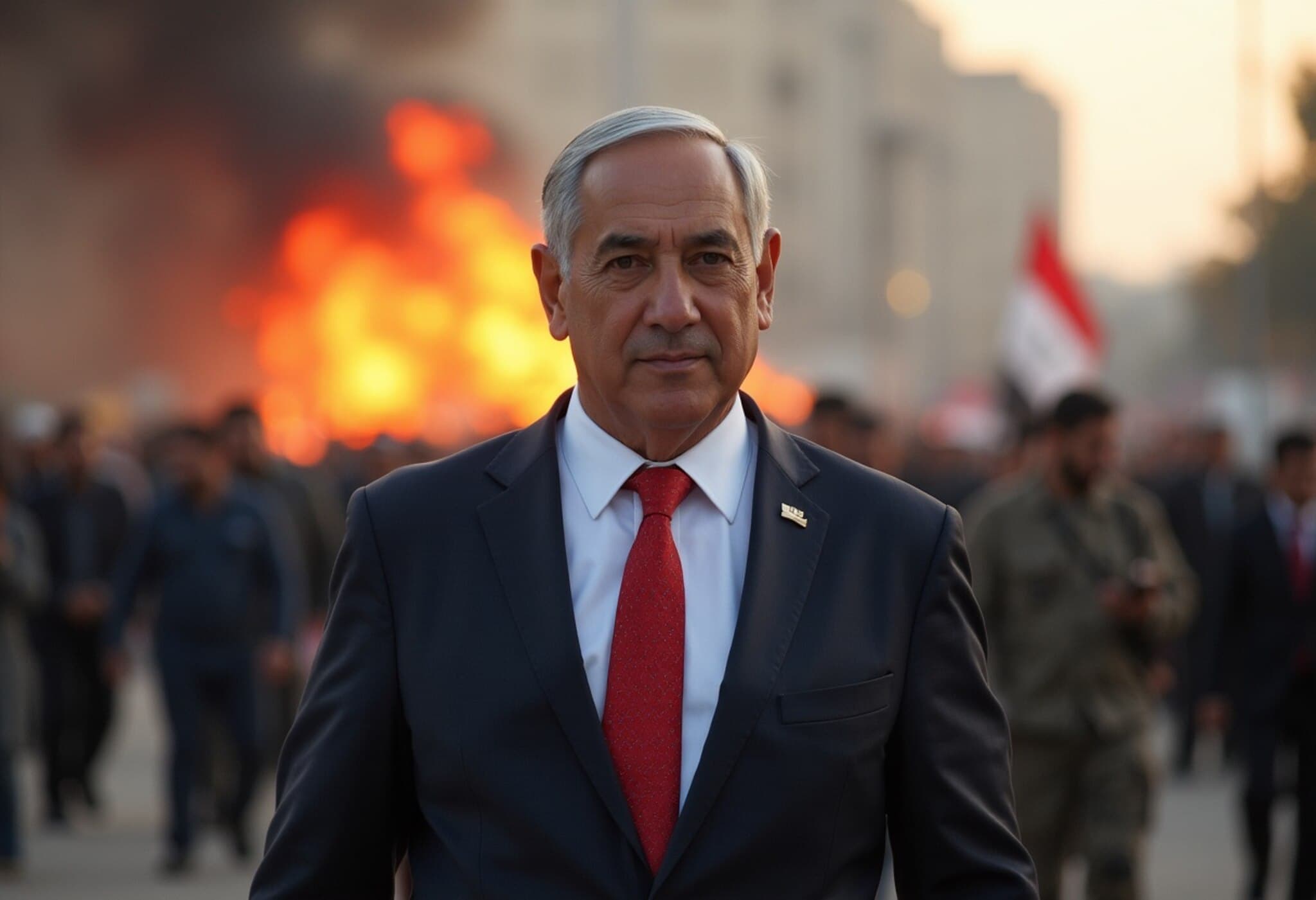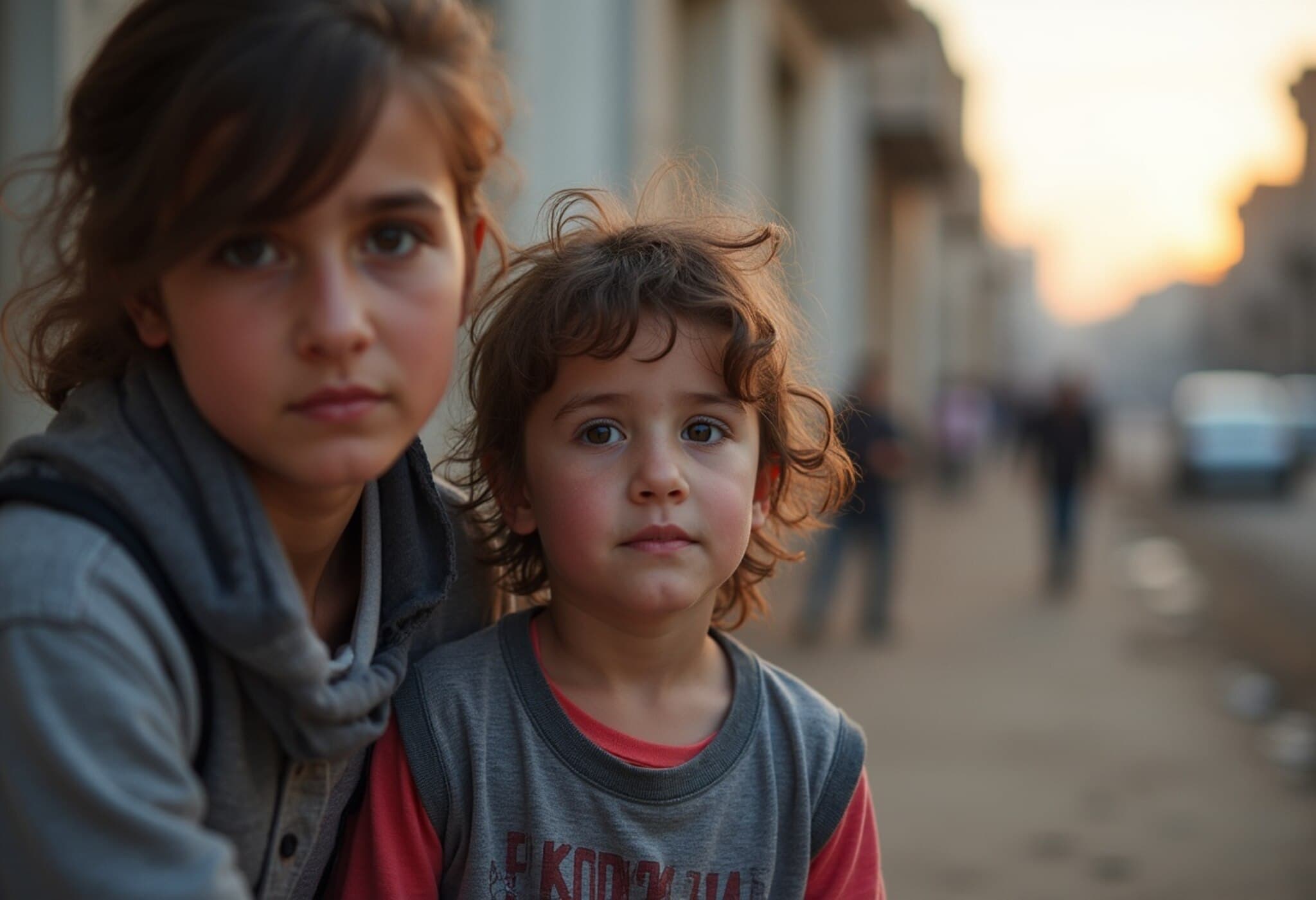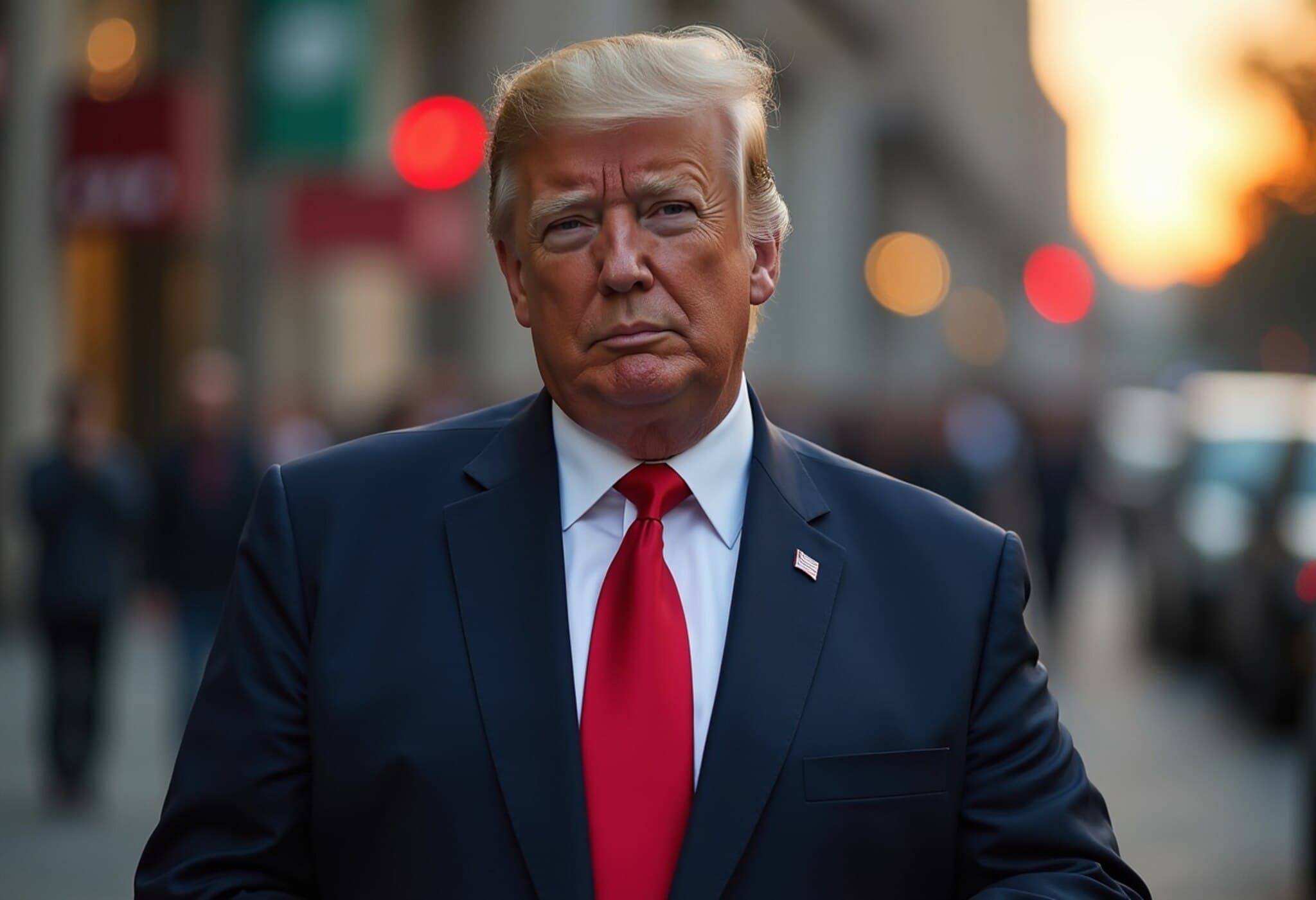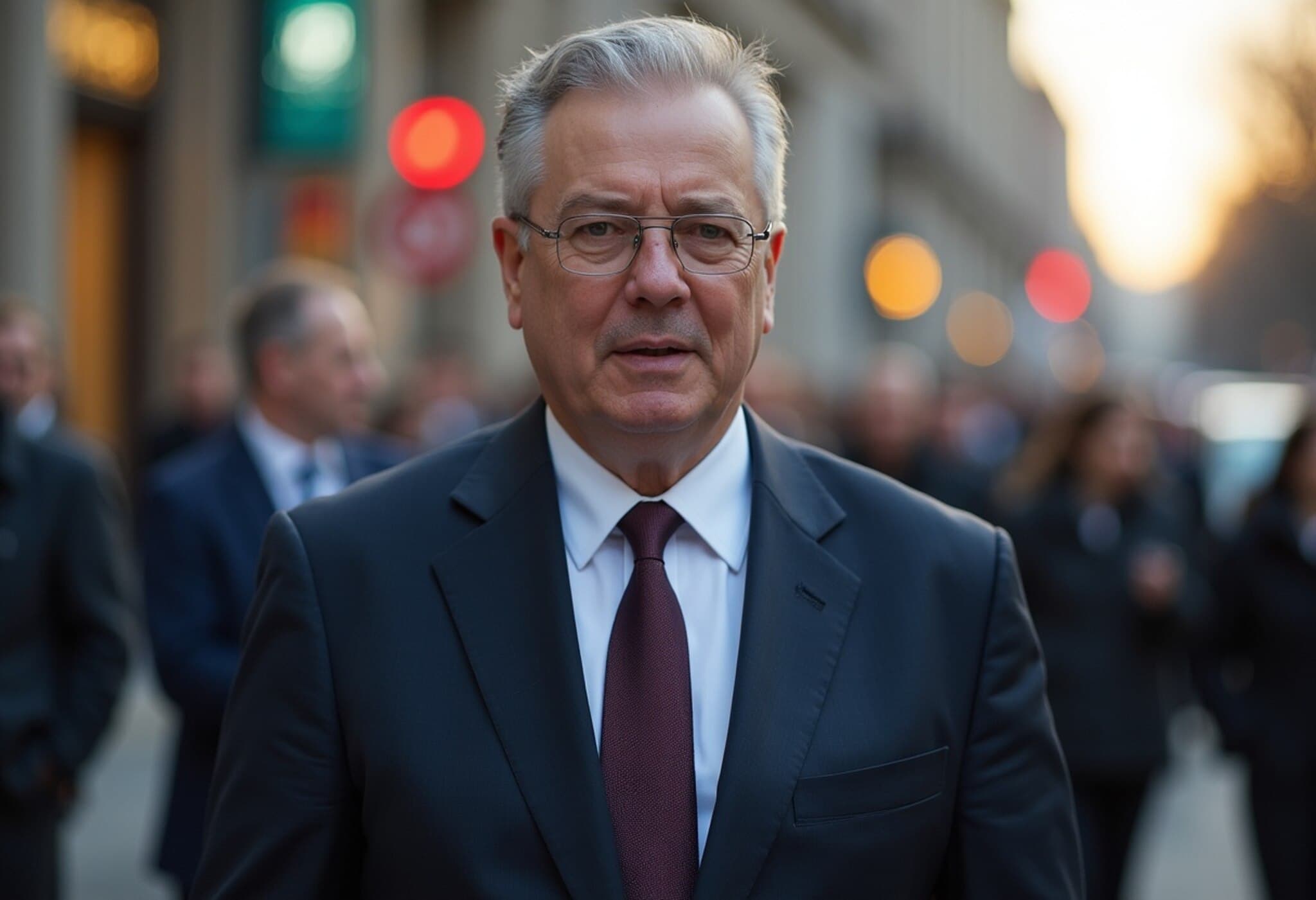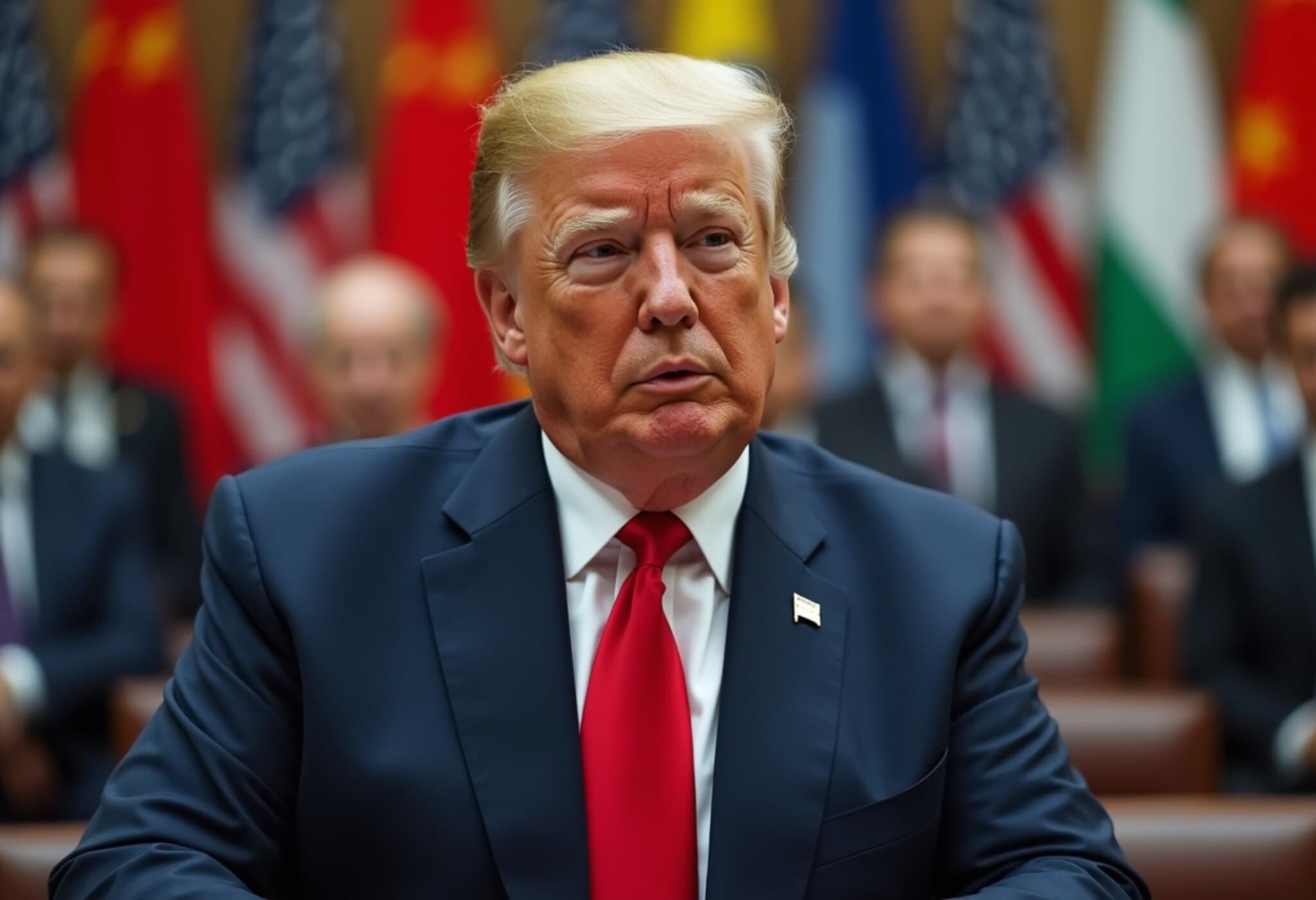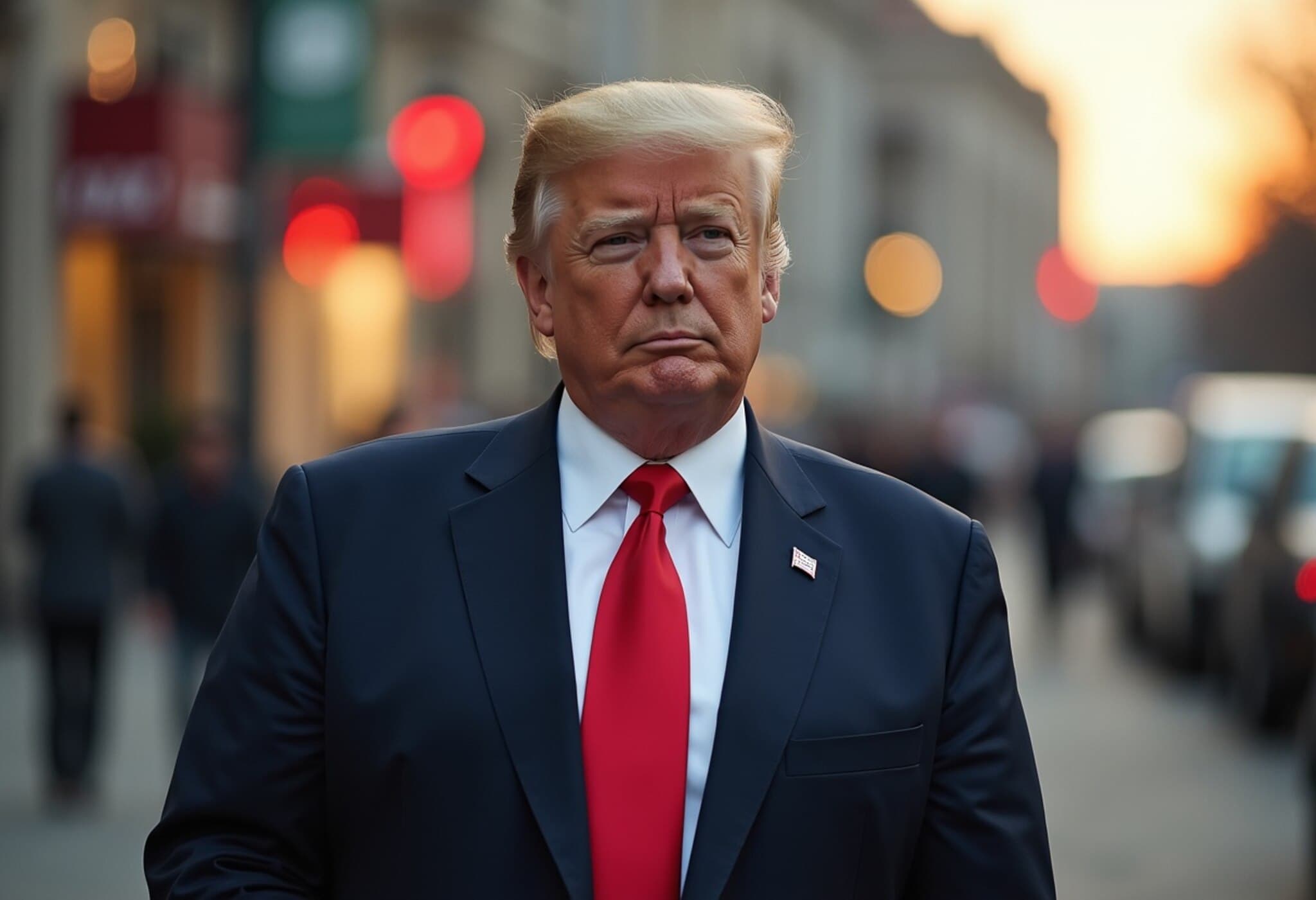Trump Foresees Release of Additional Gaza Hostages Amid Diplomatic Efforts
In a significant development, former U.S. President Donald Trump has indicated that another 10 Israeli hostages are expected to be released from Gaza very shortly. His announcement came during a White House dinner with Republican senators, where he also praised his special envoy, Steve Witkoff, for his efforts in negotiating the complex hostage situation.
Ongoing Ceasefire Negotiations in Doha
Since early July, Israeli and Hamas negotiators have convened in Doha, Qatar, engaging in delicate discussions over a US-backed proposal seeking a 60-day ceasefire. Central to the talks is the gradual release of hostages and an exchange involving Palestinian detainees held by Israel.
Trump highlighted that most hostages had already been returned and expressed optimism that remaining releases could be finalized quickly. However, despite these promising statements, a comprehensive agreement on the ceasefire remains elusive.
Hamas Signals Flexibility Amidst Continued Tensions
A spokesperson for Hamas’ military wing acknowledged favoring an interim truce but warned that failure to reach an agreement might lead the group to insist on a full-package deal instead. The proposed plan involves the staggered return of hostages and bodies over a 60-day period in exchange for releasing Palestinian prisoners.
Human Cost of the Conflict Remains Devastating
The ongoing conflict between Israel and Gaza has exacted a heavy toll on both populations. According to Gaza health authorities, over 58,600 Palestinians have died, a figure that does not differentiate between civilians and militants. Conversely, Israeli sources report nearly 1,650 Israeli and foreign nationals killed, including the tragic deaths of 1,200 during the October 7, 2023, Hamas attack.
These staggering losses underscore the urgency—and complexity—of ceasing hostilities to allow humanitarian relief and lasting peace efforts.
Humanitarian Access and Political Obstacles
In a concerning parallel development, the United Nations reported that Israel has withheld the visa renewal of Jonathan Whittall, the senior UN aid official for the occupied Palestinian territories. This move follows his public remarks highlighting the dire situation of starvation and civilian deaths in Gaza.
UN spokesperson Eri Kaneko revealed that visa renewals for UN staff have been shortened and that multiple agencies have faced denied requests for access to Gaza, complicating efforts to deliver critical humanitarian aid. Palestinian staff also face difficulties entering East Jerusalem, further constraining relief activities.
Humanitarian Aid Under Strain
Israel and the US recently supported the creation of the Gaza Humanitarian Foundation (GHF) as a replacement for UN aid distributions, citing concerns over aid diversion to Hamas militants—a claim Hamas denies. Unfortunately, near-daily shootings near GHF distribution sites have impeded aid delivery, while UN human rights officials report that more than 800 Palestinians have died seeking food since May.
Expert Insights: The Complex Road Ahead
This multifaceted crisis highlights the tangled intersection of diplomatic negotiations, security concerns, and humanitarian imperatives. Experts emphasize that the release of hostages could serve as a crucial confidence-building measure to advance ceasefire talks. Yet, without robust guarantees ensuring humanitarian access and political goodwill, any ceasefire may be fragile.
Moreover, the withholding of UN staff visas raises critical questions about transparency and the international community’s ability to monitor and aid vulnerable civilian populations in conflict zones.
Looking Toward Resolution
- Hostage releases may ease tensions but require international monitoring to ensure compliance.
- Humanitarian access must be prioritized to prevent further civilian suffering.
- Long-term peace necessitates addressing the root causes of the Israel-Gaza conflict beyond temporary ceasefires.
Editor's Note
The imminent release of hostages from Gaza represents a glimmer of hope amid a brutal and protracted conflict that has devastated countless lives. Yet, this progress is shadowed by ongoing violence, political brinkmanship, and mounting humanitarian crises. It’s imperative for policymakers, media, and global citizens to look beyond headline announcements to scrutinize the deeper challenges obstructing peace and relief efforts. Only through sustained, inclusive diplomacy coupled with unimpeded humanitarian aid can durable solutions emerge.

